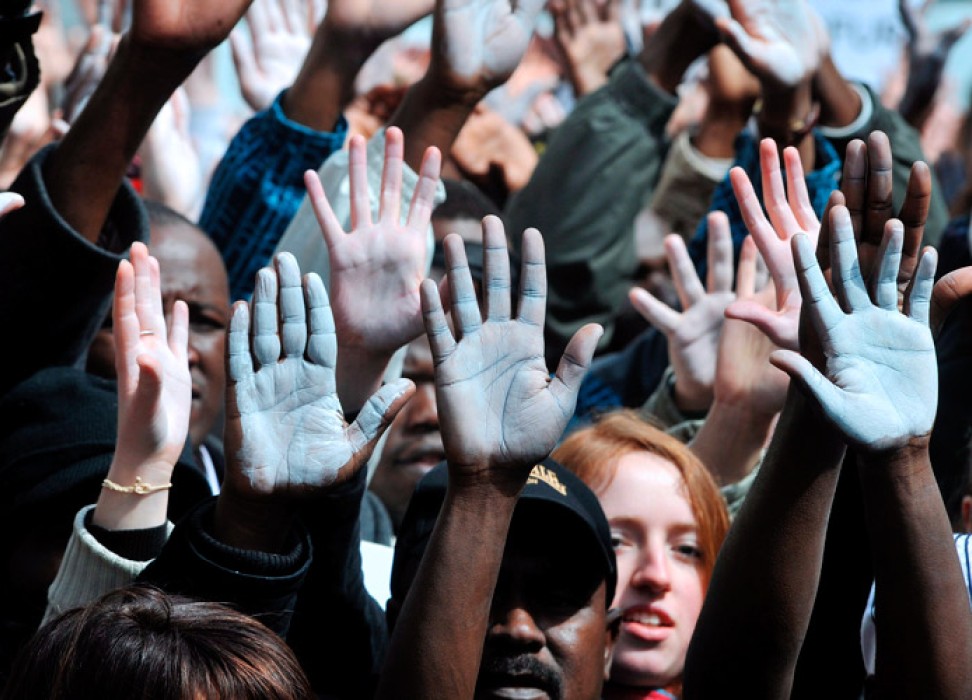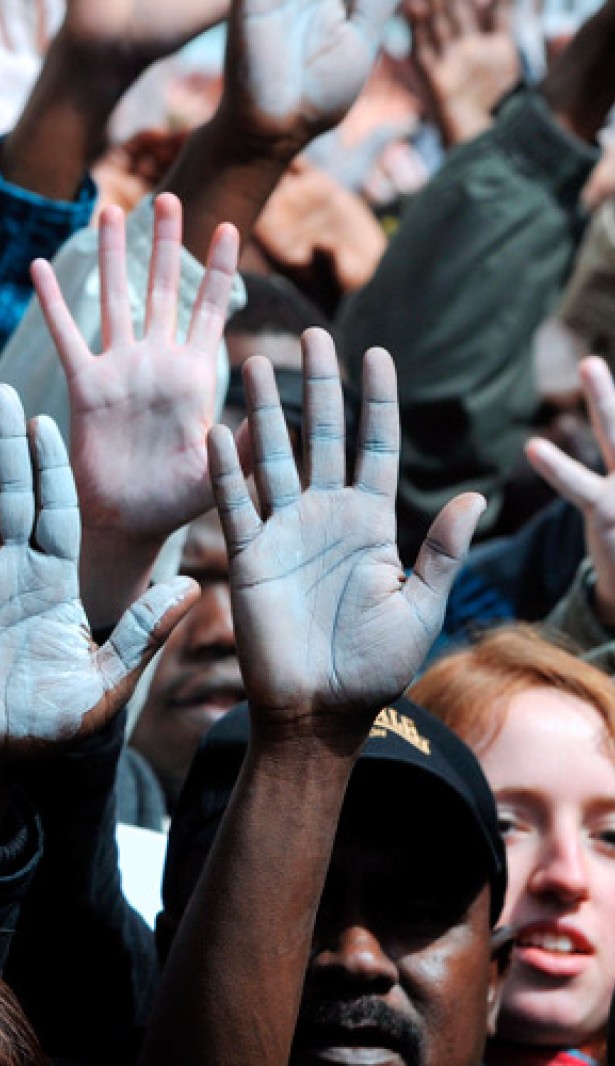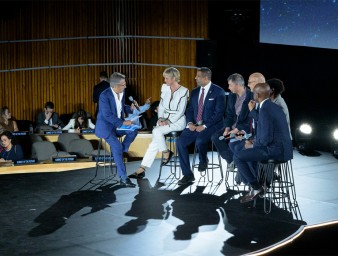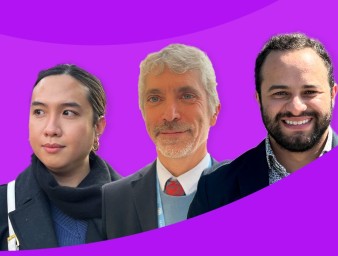Universality, cultural diversity and cultural rights
24 October 2018

Seventy years ago, the Universal Declaration of Human Rights affirmed: "All human beings are free and equal in dignity and in rights," making universality a cornerstone of the human rights legal system. It established that all human beings, wherever they may be, are endowed with equal human rights regardless of their age, sex, religion, national or social origin, or any other particular characteristics.
The Universal Declaration itself has become one of the most important pieces of intangible cultural heritage created in the 20th century and thus, part of the cultural heritage of all humankind. The UN special rapporteur on cultural rights, Karima Bennoune, stresses that this foundational document for the promotion and protection of human rights requires vigilant protection.
"Cultural diversity is still wrongly understood as being in opposition to universality, including by some Governments and other actors who misuse it as an excuse for violations of the very universal human rights within which its enjoyment is explicitly embedded, and by others who oppose the concept altogether," she says.
For Bennoune, while universality has been a critical tool for countless human rights defenders and advocates, and ordinary people from many diverse backgrounds around the world, it has also increasingly come under attack by the more powerful who seek to destroy a tool used to remedy the power differential. It is no accident, she adds, that the rhetoric of universality resonates most strongly with the most marginalized and discriminated against.
In her latest
report to the UN General Assembly, the expert points out that some Governments have been campaigning at the international level against universality. She describes how, for example, the concept of "religious freedom" has been misused in ways that contravene standards that govern freedom of religion or belief.
Various forms of relativism have also undermined the universality of human rights. Some States have refused to recognize entire categories of rights, such as economic, social and cultural rights, or sought to deny rights to entire categories of people.
Bennoune deeply regrets that some States and organizations spread dangerous myths about the Universal Declaration dismissing it as a Western concept. Seventy years ago, women’s rights advocates, as well as anti-colonial and anti-racist activists from around the world, contributed to debates surrounding the conceptualization of the Universal Declaration and to making it a truly universal document.
She cites the example of the Human Rights High Council of the Islamic Republic of Iran that campaigns, as mentioned on its website, "aggressively" at the international level against the universal norms. The official body’s website states: "It must be noted that human rights texts, drafted in the West, are imposed on other peoples through various means. This all-out attack … goes so far as to deny other peoples of the world their individual and social freedoms, whereas the proud peoples of the world, relying on their native and regional values, and relying on cultural diversity, combat this Western mechanism."
Bennoune also describes the fact that the Convention on the Elimination of All Forms of Discrimination against Women (CEDAW) is the human rights convention subject to the most reservations, many of which she says are based on unacceptable cultural relativist excuses for not implementing women’s equality, as a concerning example of relativism.
"Reserving the right to discriminate on the basis of claimed religious and cultural arguments when ratifying a treaty whose main goal is to prohibit discrimination is a clear violation of universality, and should be without legal effect," she says.
The expert further points out that, in recent years, respect for cultural diversity has also been threatened in every part of the world by those who seek to impose monolithic identities and ways of being, by those who advocate various forms of supremacy and discrimination, and by diverse populists, fundamentalists and extremists.
The expert recalls the forced assimilation that has historically been imposed on indigenous peoples, minorities and people living under colonialism, and the disdain with which their cultural resources have often been treated.
"Universality is about human dignity, not about homogeneity," she says. "But we must also recognize the diversity of diversities, not only between, but within all human groups, and the fact that, among others, women, minorities, freethinkers and persons targeted because of their sexual orientation or gender identity have also been wrongfully subject to hegemony and abuse within groups."
For Bennoune, all these attacks reveal that it is vital to defend and strengthen universality to make human rights, including cultural rights, a reality for everyone, everywhere. Local initiatives in that direction are encouraging: in Mauritania, students have endeavoured to collect and analyse examples of expressions of universal human rights in their local languages and traditions to connect universal values to their own lived experiences.
"Universality is a global human project, and an ongoing one, and has become a part of global cultures," she says, calling for mechanisms to protect from attacks and incitement to hatred those who decide to step outside given cultural or religious norms.
Bennoune further stresses that cultural diversity is a necessary condition for and the result of the exercise of cultural rights by everyone. It includes all forms of human diversity — as well as the diversity of cultural expressions and resources.
"Universality greatly enhances the lives of all human beings everywhere and advances equality, dignity and rights, including cultural rights, and will continue to do so in this twenty-first century and beyond, if fully implemented, nourished and revitalized," says.
24 October 2018




